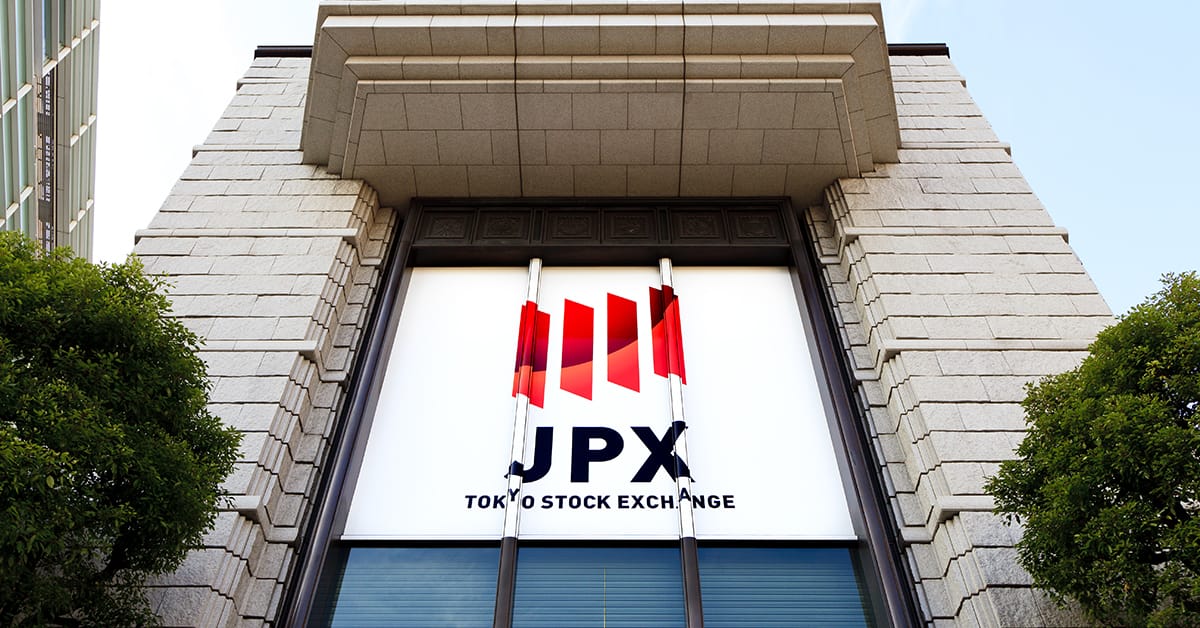SPACs have becomeall the rage in North America, but have yet to make a big splash in Asia.

Special purpose acquisition company (SPAC) models—or shell companies that raise funds via an IPO to acquire private companies, including startups—are set to make their debut on stock exchanges in Japan, if the country’s post-Covid recovery plans are realized.
In March, the government of Japan, in their growth strategy discussions with stakeholders, including the Tokyo Stock Exchange (TSE), floated the introduction of J-SPACs, a Japanese version of SPACs.
“Japan has insufficient means of providing capital to unlisted startups,” the country’s Growth Strategy Panel said in a statement, according to Reuters.
The government panel is tasked with formulating a draft action plan on topics such as green growth strategy, post-pandemic corporate restructuring, and measures, such as SPACs, that support the ability of private companies to raise funds and scale.
SPACs have been all the rage in North America, but have yet to make a big splash in Asia. Thus far in 2021, around 2.67 billion worth of SPAC deals have been done in the region, up from 2.46 billion in 2020, according to Reuters. Hong Kong is considering allowing such companies to list on their exchange, as is the United Kingdom. Meanwhile, several large Japanese investment firms listed SPACs in the US, with many having as their target Japanese firms.
However, Japan experts question whether SPACs will solve funding challenges faced by SMEs and startups. They note that VC investors in Japan have not been sizable enough—nor have VCs here been patient enough—to enable large-scale private rounds that enable further IPOs that are comparable to those of rival markets.
Japanese VCs, they add, generally require startups to list in five years at around the $100 million valuation in order to realize quick and easy exits, which shows a lack of sophistication among VCs and limited partners here.
In 2020, for example, 94 companies in Japan went public, with 74% listing on the TSE’s Mothers section for startups. The total raised was $3.3 billion, compared to $51 billion in Hong Kong and $181 billion in the US, Bloomberg reported.



